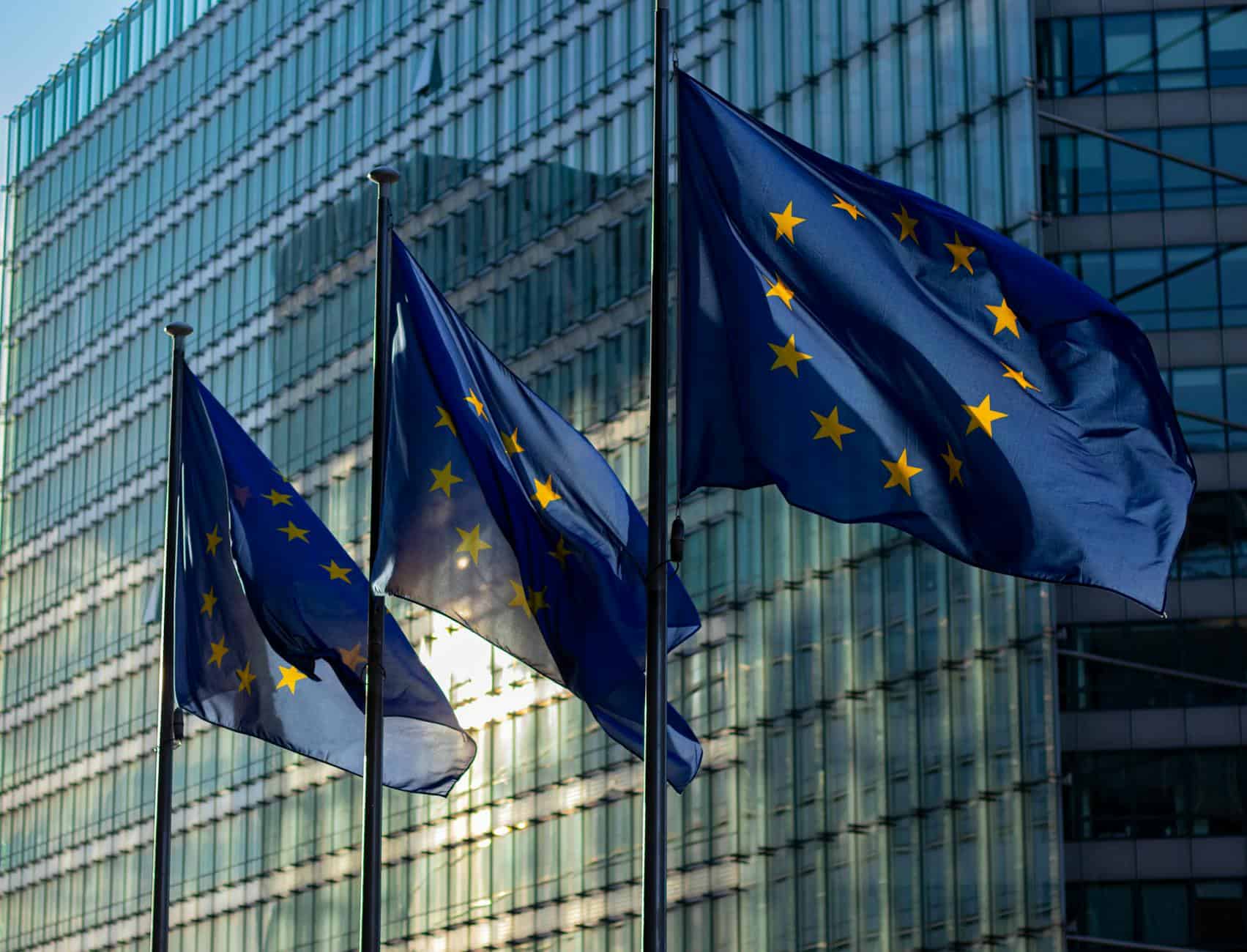This week, the Federal Council said it favours putting its new package of agreements with the European Union to an optional referendum, requiring only a simple majority of voters—not the double majority of both voters and cantons required in a mandatory referendum, reported RTS. The decision, announced by the Federal Council on Wednesday, now passes to Parliament for final approval.
Foreign minister Ignazio Cassis acknowledged that tactical considerations played a role in the cabinet’s discussions. The EU deal, he noted, might struggle to clear the hurdle of a double majority. Cassis argued that the approach ensures continuity in Swiss-EU policy.
The Federal Council sees the optional referendum as the constitutionally sound and politically viable route. Its decision was based not only on legal analysis but also on feedback from cantons and constitutional experts. Cassis stressed that the move is political as much as legal, particularly for sensitive domestic measures on wage protection and immigration.
Four separate federal decrees will be submitted to voters, each subject to optional referendum: one covering the overall framework of bilateral relations, and three addressing new cooperation in food security, electricity, and healthcare. This breakdown, Cassis said, honours the constitutional principle of unity of subject matter, while allowing voters to express nuanced preferences.
There is little dispute over the use of optional referendums for the three sectoral agreements. As for the framework agreement, Mr Cassis insisted the legal criteria for a mandatory referendum are not met. He dismissed the idea of an ad hoc referendum requiring a double majority for international treaties, since none of the four decrees entail amending the federal constitution.
Ultimately, Parliament will decide whether to endorse the Federal Council’s decision. Cassis noted that he had discussed the referendum issue with his EU counterpart, though Brussels has remained diplomatically silent on the matter, viewing it as an internal Swiss matter.
The foreign minister reiterated the strategic importance of stable, reliable ties with the EU—especially given heightened geopolitical tensions. The new agreement, he said, does not mark a fundamental shift, but a deliberate step to consolidate and deepen Switzerland’s proven bilateral link with the EU.
The Swiss People’s Party, which is generally resistant to tying the nation to any deal with the EU, is against an optional referendum on the subject. It would prefer the more difficult hurdle of a double majority – more than 50% of the national popular vote and majorities in more than 50% of cantons, viewing the Federal Council’s decision as a move aimed at increasing the change of the deal being accepted.
More on this:
RTS article (in French) – Take a 5 minute French test now
For more stories like this on Switzerland follow us on Facebook and Twitter.
